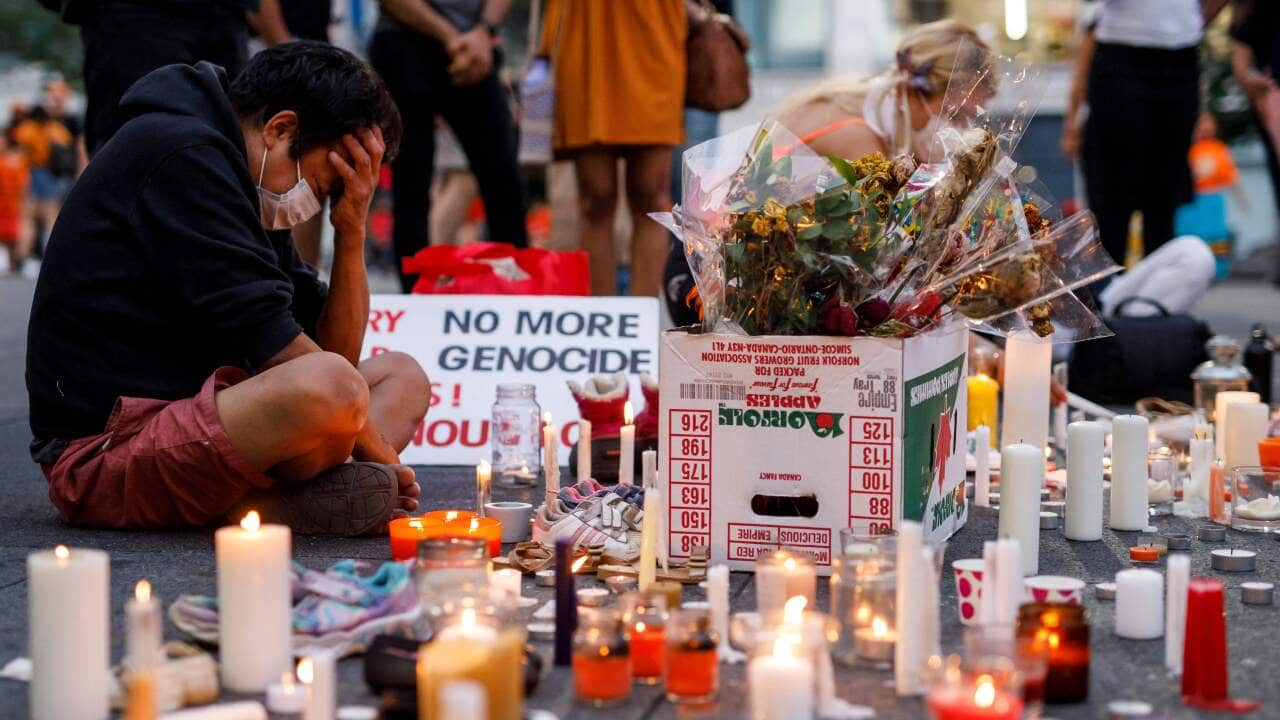In 1944, Polish lawyer Raphael Lemkin coined the term ‘genocide,’ partly in response to the Holocaust, as well as previous historical events.
He combined the Greek prefix ‘genos’, meaning race, and the Latin suffix ‘cide’, meaning killing.
It was from Lemkin’s campaigning that the Genocide Convention was ratified in 1948.
Over 150 countries are now party to the convention, meaning they have a responsibility to prevent and punish the crime of genocide.
But with hundreds of events and circumstances that could fall within the definition of genocide, only a handful have achieved legal recognition.
This is due to a range of political and legal factors.
Still, we often hear the word 'genocide' used to describe devastating destruction – not just in the context of international law.
Many scholars agree the term can be used to express grief and protest.
“It becomes a way to translate different experiences of grave abuse,” said Professor of Practice in Human Rights and International Law at New York University Vasuki Nesiah.
This episode of SBS Examines delves into the controversial history of the crime of genocide and looks at how the word is used today.




